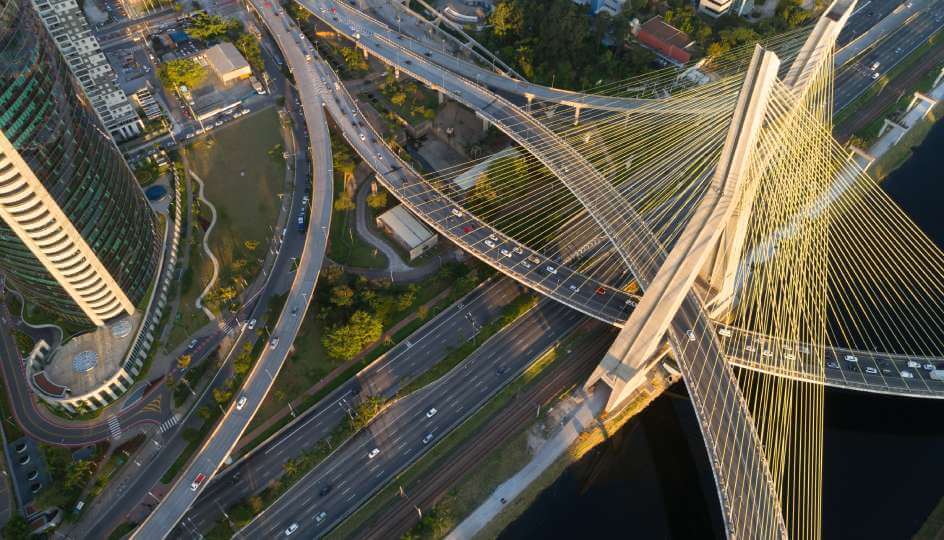Latin America has five countries among the top ten most complex in the 2022 Global Business Complexity Index; Curacao is the simplest in the report

TMF Group, a leading provider of compliance and administrative services, has today launched the ninth edition of its Global Business Complexity Index (GBCI).
Brazil is in the lead again as the most complex jurisdiction, maintaining its position from last year’s GBCI. It is followed by Peru (3rd), Mexico (4th), Colombia (5th) and Bolivia (9th) in the top ten. Argentina, Chile, Nicaragua, and Paraguay are also among the top 20, which shows that the region accounts for 45% of the 20 most complex jurisdictions in the world.
This complexity is driven by political instability (only 30% of the jurisdictions foresaw stability in this area in the next five years), the adoption of new reporting, such as CRS (Common Reporting Standard), long dissolution processes, a large number of mandatory benefits that should be offered to employees, the presence of labour unions in all jurisdictions and industries, and the persistence of manual processes for things like payslips, filings and other related documents.
The frequency of regulatory changes is also another reason for the complexity in the region, but there are also silver linings ahead. The Covid-19 pandemic has brought a quicker than expected digitalisation process in Latam, and this will drive complexity down in the long run. South America specifically is known for its abundance of natural resources, which presents opportunities for companies who seek to invest in the region. ESG (Environment, Sustainability and Governance) is a rising trend this year and, due to the aforementioned natural resources, a key part of the future plans of many jurisdictions in the area.
At the other end of the spectrum, some of the least complex jurisdictions can also be found in the region. The Cayman Islands are ranked as the least complex jurisdiction this year, followed closely by Curaçao as the second simplest and the British Virgin Islands as the fifth. Those are hubs for investment, especially for wealthy individuals and families. Individuals who invest in these countries are also following the ESG trend and looking for those credentials, despite not having legislation on the subject at the moment, although this could change in the near future according to local specialists.
Latin America has always been known for the balance between opportunity and complexity. There is great potential, and it does help to have local support in the area to tap into that. We can see there is a movement by governments to reduce the burden for companies, but this can take time and generate more complexity in the short term. Those who do take full advantage of all the region has to offer will not regret it.
Political instability is one of the main issues and drivers of complexity in Latam, but the alignment with international standards should make it easier for foreign companies to operate in these jurisdictions. This region is very rich in natural resources and that is one of the reasons why investors should not be thrown off by the complexity here.
The Covid-19 pandemic brought a higher level of complexity due to the implementation of schemes to help businesses cope, then due to their reversal. But when you think about one of the biggest populations in the world and all the investment opportunities there, many do tend to seek out local help and tap into the potential of the jurisdiction.
Media Contacts
Marina Llibre Martin, Global PR Manager
marina.llibremartin@tmf-group.com



